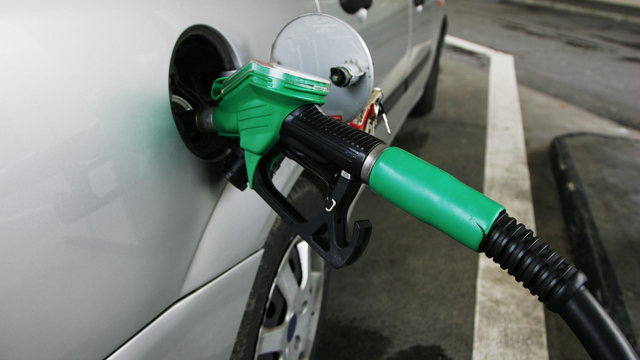When it comes to picking the right choice of engines, there is an ongoing debate with valid points on both sides of the story. Gasoline and diesel engines are at the forefront of the debate, with fuel prices adding to some heated opinions. While the gasoline engine seems to be the preferred choice among regular drivers, both choices have their own benefits and flaws, such as a difference in prices and maintenance required. Continue reading to find out the key differences between the two engines.
General Pricing
The first point that comes to mind when making comparisons is the price difference between a diesel and gasoline models. Consider the 2014 Volkswagen Jetta Trendline+ as an example. For the gasoline model, you are looking at an average price of $16,878. The diesel model on the other hand costs significantly more, coming in at an average of $22,001. However, a diesel engine can actually save you some money in the long run thanks to lower maintenance costs and higher mileage. That being said, it may be hard to justify those long-term rewards when faced with such a high upfront price.
So, if your goal is to drive a pickup truck or SUV that will let you spend less time at the pump and save you some money before you hit 100,000 miles on your odometer, then a diesel powertrain is what you need. However, if you want to get a smaller vehicle, like a sedan or a hatchback, then a gasoline-powered engine will sever serve you better.
Maintenance Costs
Contrary to popular belief, diesel cars still need regular maintenance to keep them running. For instance, you have to change oil as well as fuel filters. Cleaner diesel fuels no longer require you to bleed excess water out of the system, but many vehicles still have water separators that need to be emptied manually.
Looking past the initial purchase amount, diesels also end up costing a little more to own and maintain as compared to their gasoline counterparts. That’s partly because some new diesel vehicles are required to have a reservoir of urea, which gets injected into the exhaust and neutralizes some of the pollutants. With this so-called “clean-diesel” technology, emissions are now cleaner than what comes from many gasoline vehicles, which is a major breakthrough. However, keep in mind that there is added maintenance involved in replenishing the reservoirs and making sure the diesel engine is running smoothly.
Fuel Costs
A huge deciding factor when buying a new car is mileage and fuel cost. Diesel might cost more than gasoline per litre, but with rising gasoline prices, this gap is being bridged. As for long trips, diesel vehicles don’t need as many fuelling stops. The Cruze diesel, for instance, gets 28 per cent better fuel economy than its basic gasoline counterpart and should go more than 1,100 kilometres between fill-ups. In a detailed analysis comparing diesel and gas versions of the same models, Vincentric calculated the cost of ownership over five years, assuming 15,000 miles of driving annually. The company found that, in many cases, particularly with trucks and vans, the gas-powered model would end up costing owners less in the long run, despite using more fuel.
It cannot be doubted that diesel vehicles are indeed gaining traction in North America and for good reasons, with fuel economy first among them. In Canada, almost 40 different cars, SUVs and pickups are powered by so-called “clean diesel” engines. Note that diesel is also used for commercial trucks, home and industrial generators, and heating oil, so as demand for diesel grows, the price of diesel fuel is likely to continue to rise because of competition from those other users.
Environmental Factors
Diesel vehicles come with reduced emissions and higher fuel efficiency. Many diesel car owners appreciate that clean-diesel technology is proven and robust, and they like the way the vehicles drive, with their torquey engines that provide good acceleration. And in contrast to hybrids, there are no expensive battery packs to worry about down the road, and fewer, if any, compromises in performance.
Which One to Choose?
Given the points above, it is clear that in most cases you are better off buying a gasoline car for the long run. Vehicles designed to carry large loads, such as pickup trucks and vans, remain a superior choice for diesel, but if you are looking for a sedan or compact car such as the Volkswagen Beetle, gasoline is the way to go.












